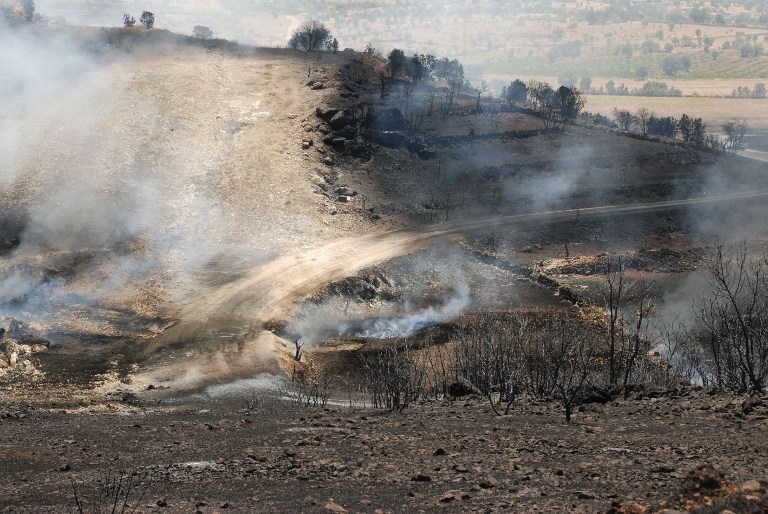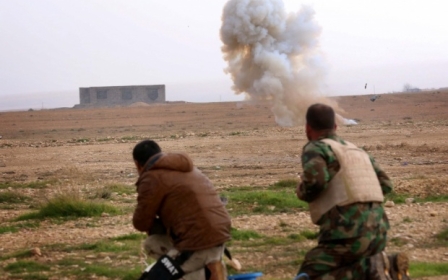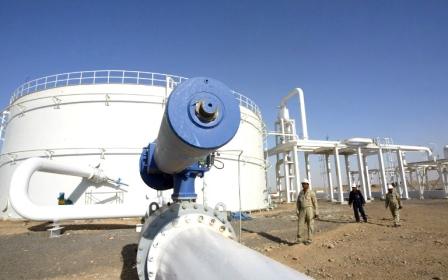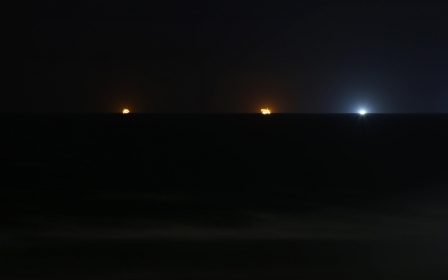Gas flow halted as Turkish pipeline hit for second time in month

A pipeline transporting natural gas from Azerbaijan’s largest offshore field stopped flowing on Monday night after an explosion in Turkey, according to a Turkish energy official.
It was the second explosion in one month to hit the Shah Deniz pipeline – also called the South Caucasus pipeline. On 4 August, a day after the flow of the pipeline was stopped for maintenance, a blast hit the pipeline near the Turkish-Georgian border.
The gas flow of Shah Deniz, which runs from the same named offshore gas field in the Caspian Sea through Azerbaijan and Georgia to Turkey, only resumed on Sunday, Turkish energy officials told Reuters.
One of the officials told Reuters that the Kurdistan Workers Party (PKK) were suspected of having attacked the pipeline on Monday night, but the PKK has not yet taken responsibility for the attack.
The PKK has also been accused of attacking the Tabriz-Ankara pipeline, which transports natural gas from Iran, on 28 July and reportedly took credit for a 29 July blast which hit the Kirkuk-Ceyhan pipeline, which carries Iraqi crude to Turkey’s southern port.
The attacks come after an upsurge in violence in the country following the suicide attack in Suruc on 20 July that killed 33 pro-Kurdish, socialist activist. The PKK, which blamed the attack on what it sees as the government’s failure to act against the Islamic State group, have since targeted Turkish security forces while Turkish air strikes have hit PKK camps in northern Iraq, killing more than 800 fighters Turksih authorities said.
Energy officials have said in recent weeks that they plan to deploy thermal cameras and horse-back patrols around critical oil and gas infrastructure in the face of increased attacks.
Turkey is dependent on imports for the majority of its energy supplies. From 2010 to 2013, the last year available, the country’s usage of energy imports increased from 69 percent to 74 percent, according to the World Bank.
New MEE newsletter: Jerusalem Dispatch
Sign up to get the latest insights and analysis on Israel-Palestine, alongside Turkey Unpacked and other MEE newsletters
Middle East Eye delivers independent and unrivalled coverage and analysis of the Middle East, North Africa and beyond. To learn more about republishing this content and the associated fees, please fill out this form. More about MEE can be found here.




